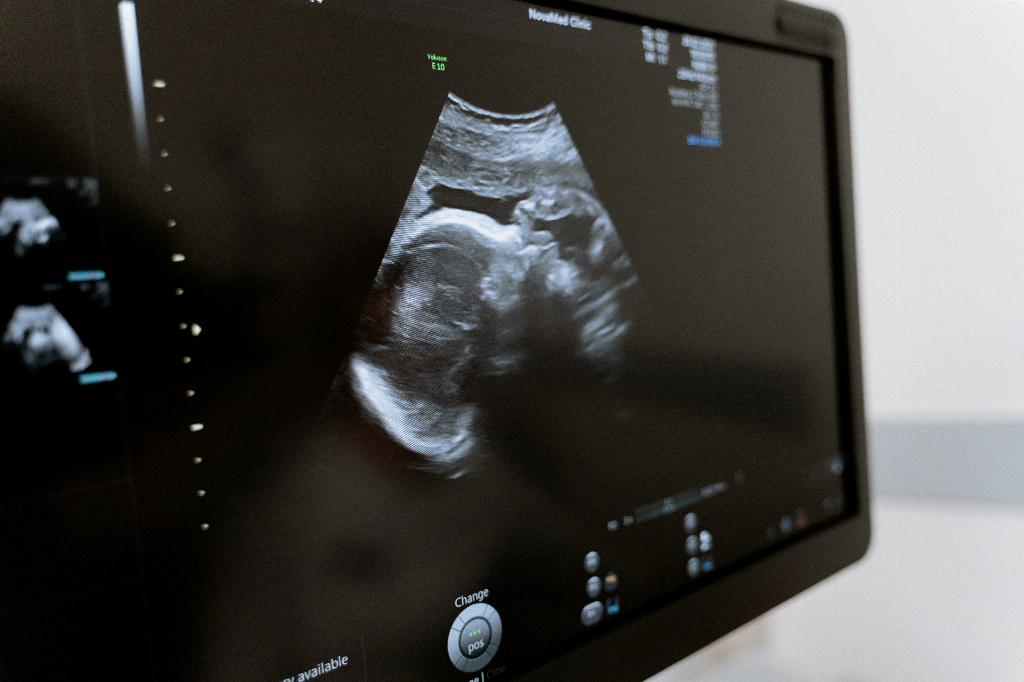It can be quite alarming and confusing when your period is significantly late, leading you to wonder about the possibility of being pregnant, only to receive a negative pregnancy test. While this situation can be worrisome, there are several reasons why this might occur.
Normal Reasons for a Late Period
One of the most common reasons for a late period and a negative pregnancy test is simply that your menstrual cycle is delayed. It is important to remember that experiencing one or two irregular cycles a year is not unusual and does not necessarily indicate a serious issue.
Factors Leading to Menstrual Irregularities
Several factors can contribute to a delayed period, such as changes in your routine, stress levels, or even fluctuations in weight. Additionally, engaging in intense physical activity or starting a new medication can also impact the regularity of your menstrual cycle.
Potential Influence of Breastfeeding
If you are currently breastfeeding, this could also be a factor in your late period and negative pregnancy test. The hormonal changes that occur during lactation can affect your menstrual cycle, leading to irregularities in the timing of your periods.
Effects of Hormonal Imbalance
Another important consideration is the presence of a hormonal imbalance in your body. Imbalances in hormones such as estrogen and progesterone can disrupt the normal functioning of your reproductive system, causing delays in your period.
Stress and its Impact on Menstruation
Stress is known to have a significant influence on the menstrual cycle. High stress levels can disrupt the hormones responsible for regulating your period, potentially leading to a delayed period despite not being pregnant.
Signs to Watch Out for
While a negative pregnancy test after a 24-day late period may be a relief, it is essential to pay attention to any other symptoms you may be experiencing. If you notice unusual changes in your body or persistent irregularities in your menstrual cycle, it is advisable to consult with a healthcare provider.
When to Seek Medical Advice
If your period remains significantly delayed, or if you continue to receive negative pregnancy tests but suspect you may be pregnant, it is recommended to schedule an appointment with a doctor. They can provide further evaluation and guidance based on your individual situation.
Importance of Tracking Your Menstrual Cycle
Regularly monitoring your menstrual cycle and noting any variations or irregularities can be helpful in identifying patterns and potential causes of late periods. Keeping a menstrual calendar can assist you in providing detailed information to your healthcare provider.
Seeking Professional Guidance
If you are concerned about the frequency or severity of your late periods, consulting with a gynecologist or reproductive health specialist can offer valuable insights and potential solutions. It is crucial to address any underlying issues to maintain your overall reproductive health.
Conclusion
In conclusion, experiencing a negative pregnancy test after a 24-day late period can be unsettling, but it is not automatically indicative of pregnancy. Various factors, including hormonal imbalances, stress, and lifestyle changes, can contribute to menstrual irregularities. By staying informed and seeking medical advice when necessary, you can better understand and address the underlying reasons behind your late periods.

